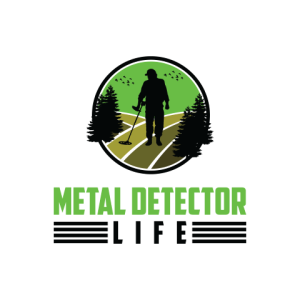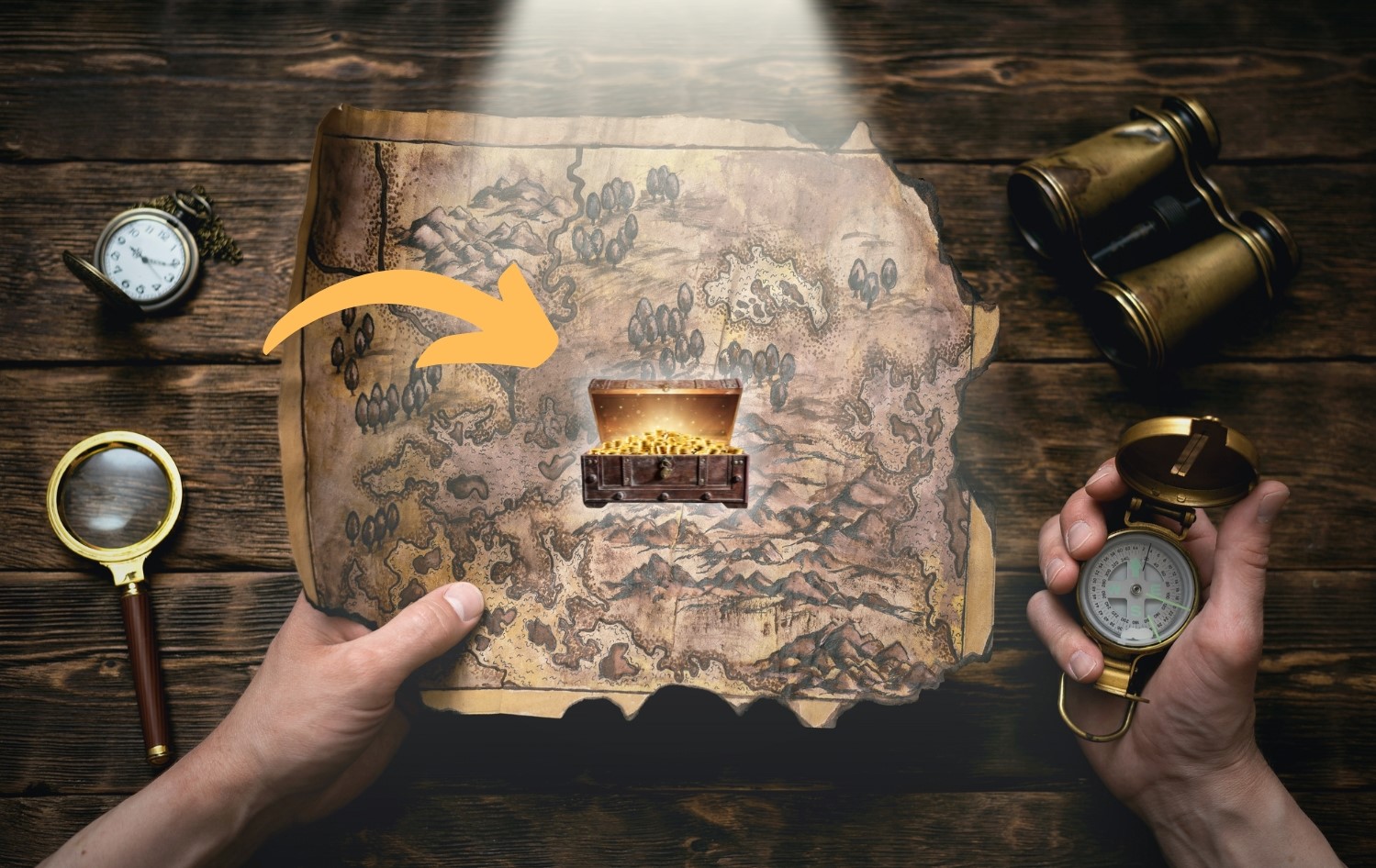Often, treasures such as coins, jewelry, or other relics are discovered with the help of a metal detector. Very occasionally, with great luck and the right knowledge, you can also find a treasure without a metal detector. Therefore, the question that many people have is…
…How to find treasure without using a metal detector?
To find a treasure without a metal detector, it is important to start by conducting online research. Look for old maps, documents, and logbooks. Additionally, it is advisable to talk to locals or historians who might have valuable information. Once you have identified a suitable location, you should search for clues such as pottery shards, fragments of glass, disturbed soil, old trees, rusty nails, ancient trade routes, and old wells.
However, there are many rules and regulations that you must adhere to. Additionally, there are some useful tools that can make treasure hunting without a metal detector easier. In this blog, I will discuss everything you need to know to find a treasure! Enjoy reading!
What kind of treasure can be found without a metal detector?
Before I tell you how to find a treasure without a metal detector, it’s interesting to know what kind of treasures you can find without using a detector.
If you’re lucky, you can discover historical artifacts such as jewelry, coins, old documents, ancient artworks, figurines, or other man-made objects. Additionally, you might come across buried chests, pots, or barrels containing valuable items like jewelry and coins. Lastly, it’s possible to uncover natural treasures like gold, gemstones, fossils, or valuable minerals.
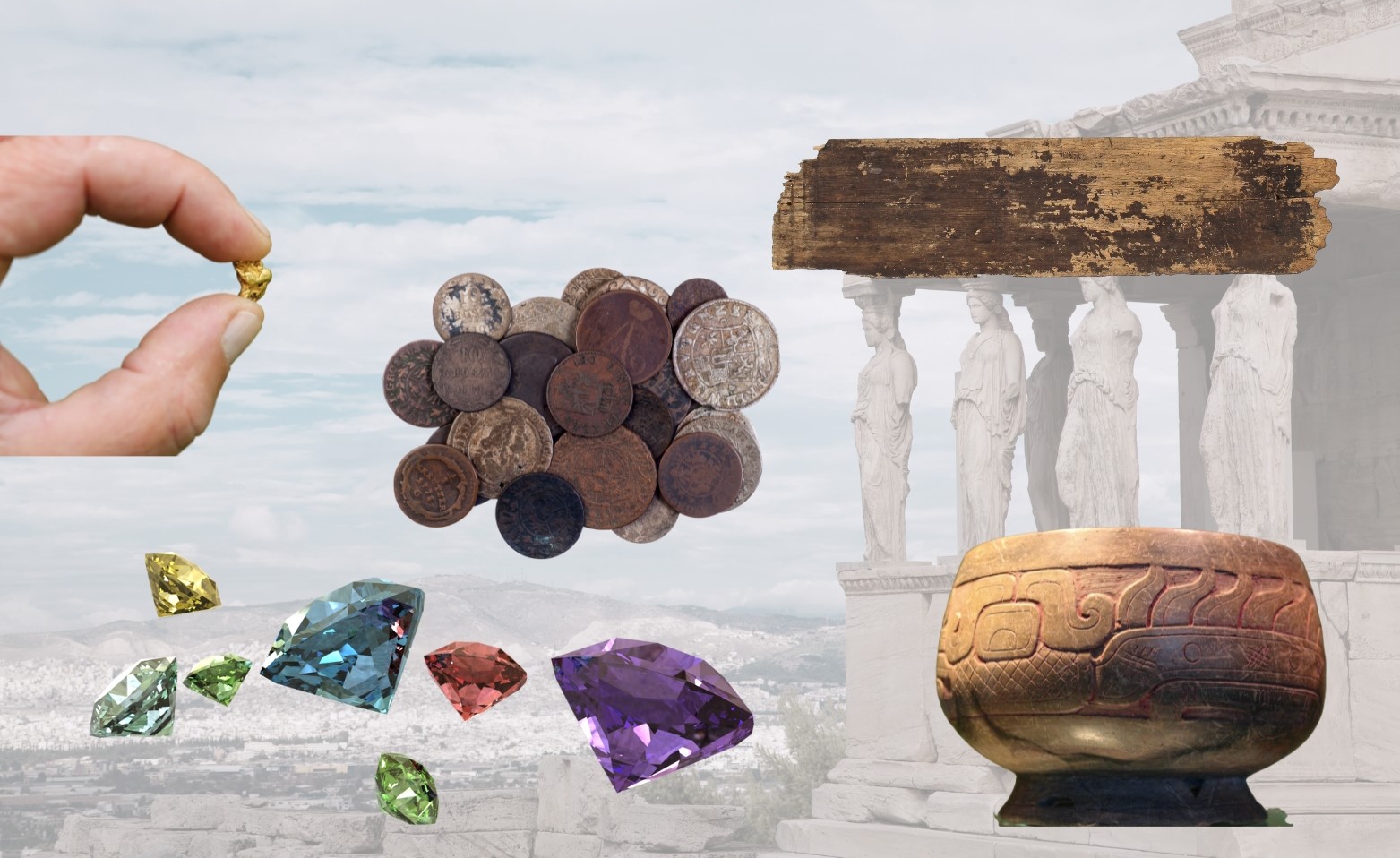
Occasionally, during your search, you may stumble upon a small box or tube filled with SWAG items (dice, cards, marbles, pens, for example). This is a Geocache container (see picture below).
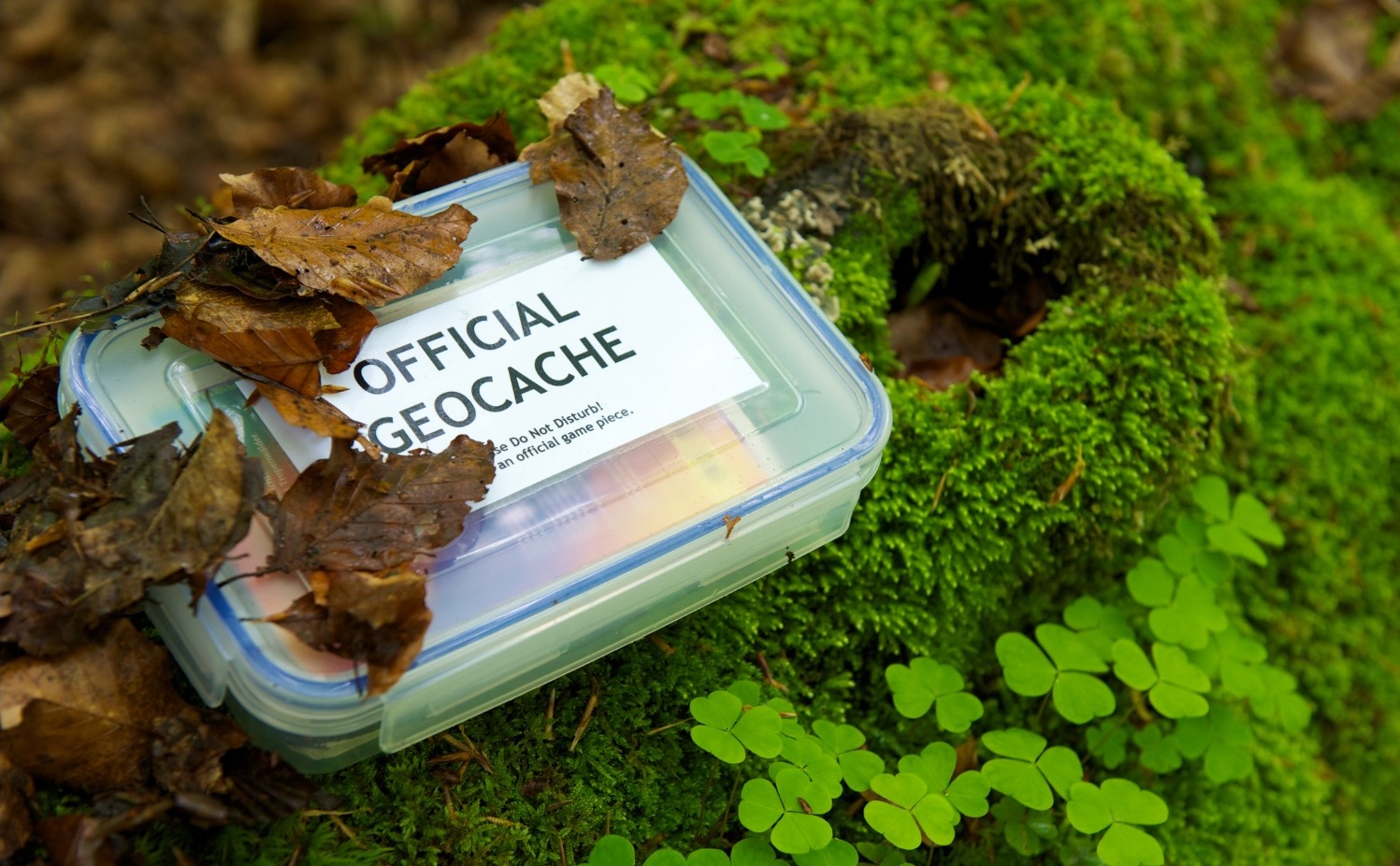
When this happens, you’ll need to report your find in the Geocache App/Website. Finding a geocache means you’re participating in an official game.
What methods can be used to find treasure without a metal detector?
To find a treasure without a metal detector, there are several steps you should take to maximize your chances. These steps are as follows:
- Do online research
- Talk to locals or historians in the area
- Obtain permission
- Look for visual clues
- Employ basic search techniques
- Respect the environment and cultural heritage
Let’s take a detailed look at each step so that you know exactly what to do!
1. Do online research
The first and most important step in finding a treasure without a metal detector is proper preparation. You can’t just randomly search anywhere and hope to find a treasure. It requires knowledge about the specific area.
Choose an area where historical discoveries have been made in the past or that holds cultural value. Examples of such areas could be old meadows, fields, or forests.
Next, search for old sources of information about the area where you intend to find a treasure. Look for sources such as:
- Old maps
- Archives
- Old documents
- Ancient books
- Historical events
- Maps
- Logbooks
Search through these sources for clues that may indicate a potential treasure. Look for old roads, former riverbanks, changes in the shape of a field, or markings. If you’re lucky, you might come across a source with photographs and a location indicating a possible treasure.
Many of these sources can be obtained through the internet, libraries, local museums, locals, or historical societies. Examples of good sources that can be used for this purpose in the United States are:
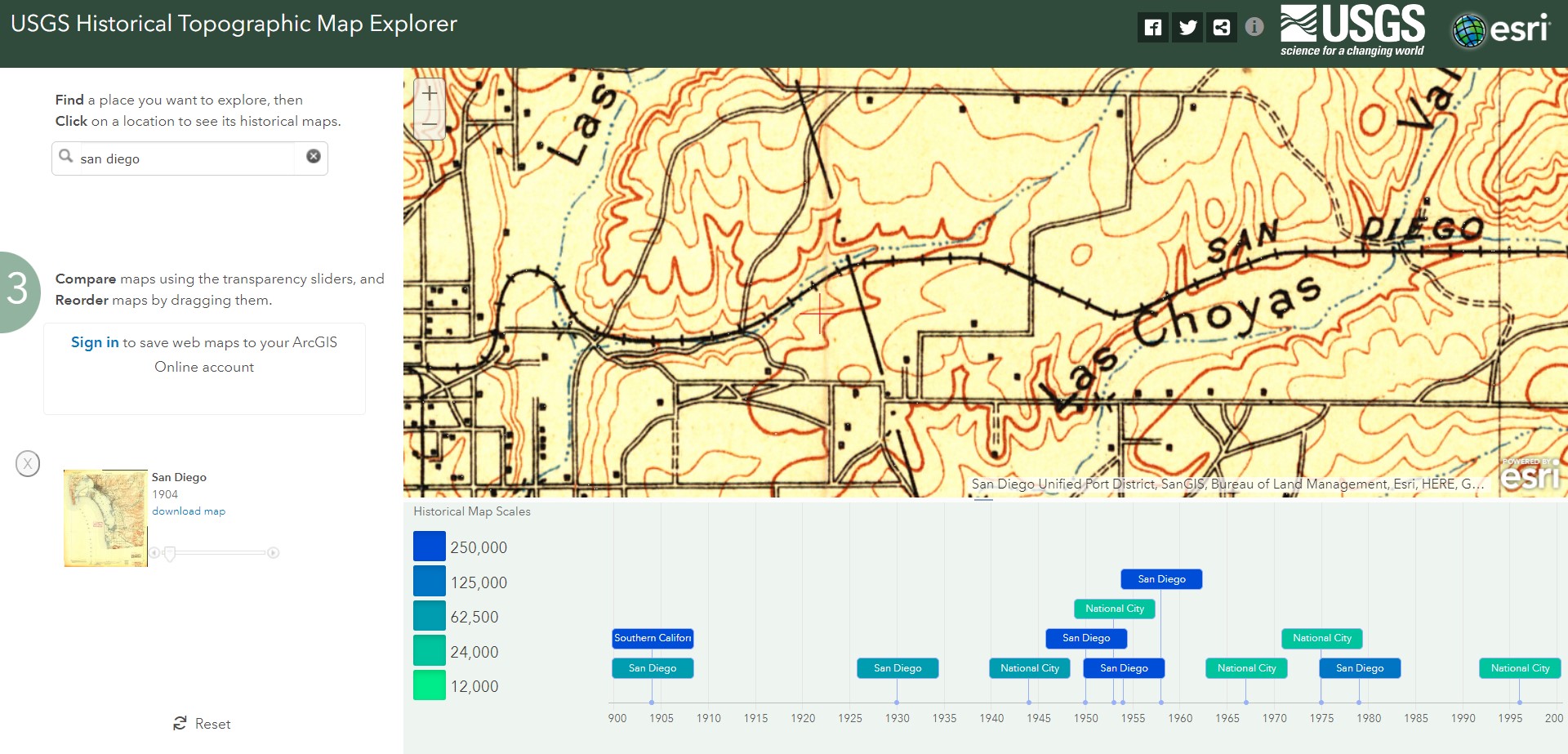
2. Talk to locals or historians in the area
After identifying a potential good location for finding a treasure, it’s important to connect with locals or historians. These individuals possess a wealth of knowledge about the specific area.
They can often provide detailed explanations of the area’s history, giving you a better understanding of potential treasures. If you’re fortunate, they may even share specific locations where you can find a treasure.
3. Obtain permission and check local rules
Before you start searching in the chosen area, it is incredibly important to seek permission from the landowner. This can be an individual (often in the case of farmland) or the local government (often in national parks, forests, or beaches).
Without permission, unfortunately, you are not allowed to search for a potential treasure without a metal detector in the area. Furthermore, the rules regarding treasure hunting vary depending on the location.
I recommend always checking the rules specific to the area you are interested in. These rules can often be found on the website of the local government.
4. Look for visual clues
After obtaining permission to search for a treasure in the designated area, the actual search can begin. However, it’s crucial not to search without a plan and to look for visual clues before starting.
Consider the following visual clues (that indicate there used to be human activity):
- Broken pottery, ceramics, fragments of glass, rusty nails on the surface
- Disturbed soil (uneven ground, freshly turned earth, different soil colors)
- Old trees, mounds, unusual formations, large rocks
- Old wells
- Sinkholes
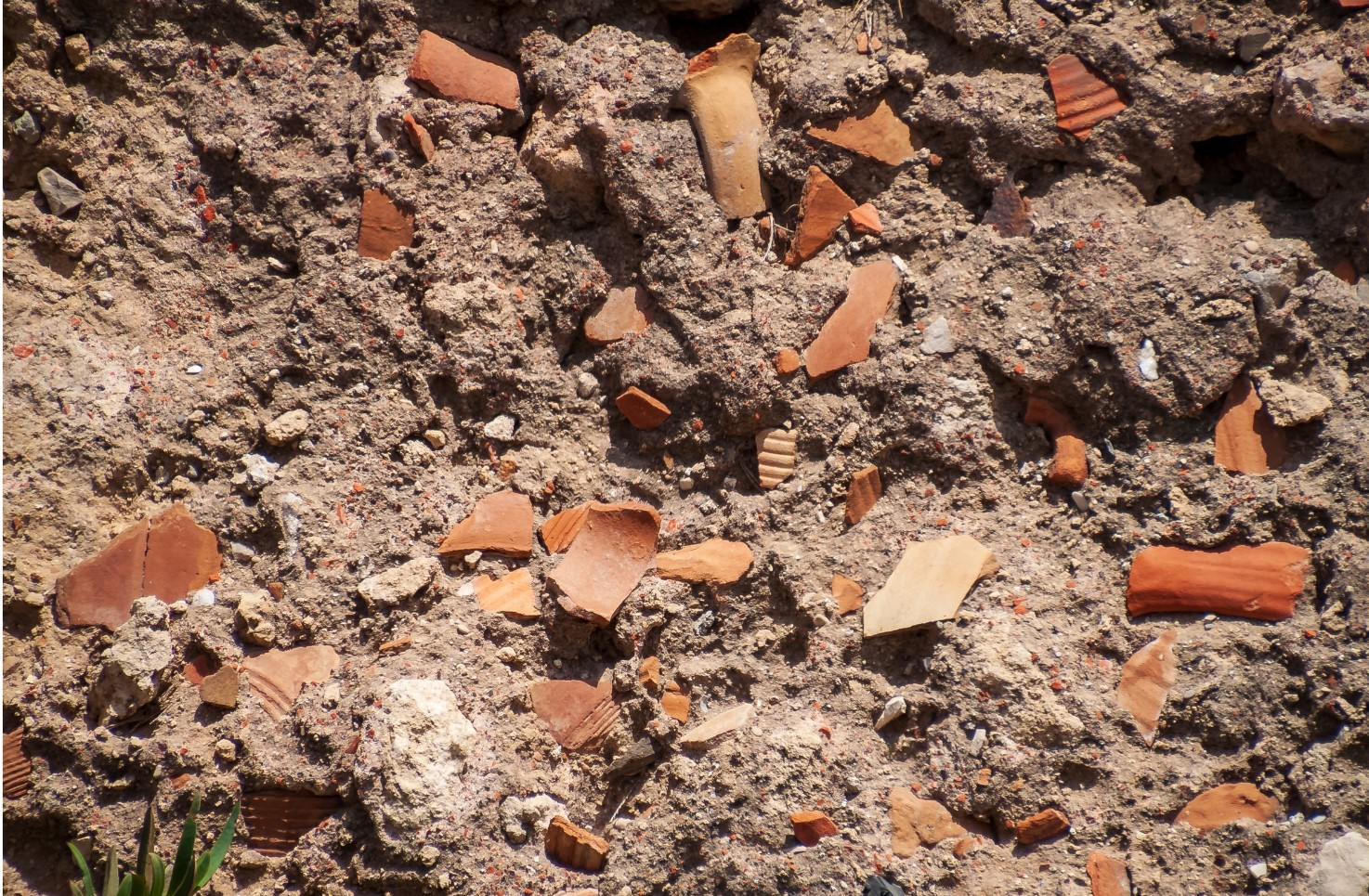
5. Employ basic search techniques
Use simple search techniques to find the treasure easily and quickly. Utilize your hands, eyes, and other basic tools like a small shovel to explore the ground for potential treasures.
Avoid digging deep holes and treat the area with respect for nature. Instead, create small holes to see if you can uncover any valuable objects.
Remember that finding a treasure requires a great deal of patience, discipline, and luck. So, don’t expect to always find something after following these steps!
6. Respect the environment and cultural heritage
After searching for the treasure, it is extremely important to leave the area as you found it. This means filling any holes you may have dug, avoiding disturbance to plants, and adhering to the rules of the area.
By doing so, you help preserve the natural and cultural heritage of the area, which is highly valued!
Are there any tools or equipment that can assist in finding treasure without a detector?
Yes, there are some tools that can make treasure hunting easier for you. The best tools you can use include:
– Probing rods. These are rods or stakes that you can insert into the ground. They allow you to quickly feel if there is a hard object (like a treasure) beneath the surface. This saves you unnecessary digging time.
– Shovel/Trowel. If you need to dig to find your treasure, it’s useful to have a shovel or trowel to work with. This way, you don’t have to rely solely on your hands.
– Dowsing rod. Some people believe that a dowsing rod can help locate underground water sources or minerals. You hold the dowsing rods loosely in your hands, and they may cross or move in response to the presence of buried objects.
– A fishing magnet. Another tool that can be used to find metal objects is a fishing magnet. They are usually used to find metal objects in water bodies such as rivers, lakes or the sea.
– Magnetometer. Lastly, you can use a magnetometer. This device measures differences in the Earth’s magnetic field, allowing you to detect metal objects buried underground.
While these tools can assist you in finding a treasure, I still recommend using a good metal detector. Nowadays, metal detectors are not very expensive, yet they offer fantastic quality and reliability. In the table below, you can see some really good metal detectors that are really cheap!
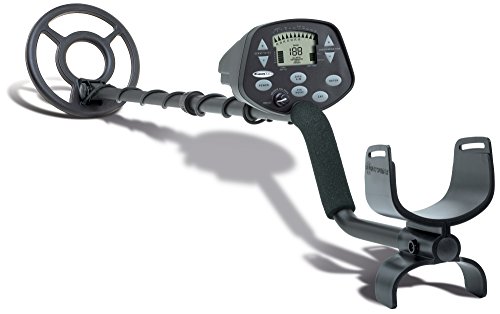





What are good places to find treasure without a metal detector?
In principle, you can find a treasure anywhere, as we have little to no knowledge of where treasures were buried or lost in the past. However, there are certain places where you have a higher chance of finding a treasure without a metal detector.
The best places for finding a treasure without a metal detector are (former) riverbanks, beaches, parks, old trade routes, old buildings, ruins, fields, old trees, hiking trails, waterfalls, churches, castles, and bridges. These locations often served as landmarks. That’s why people often buried their treasures at these places.
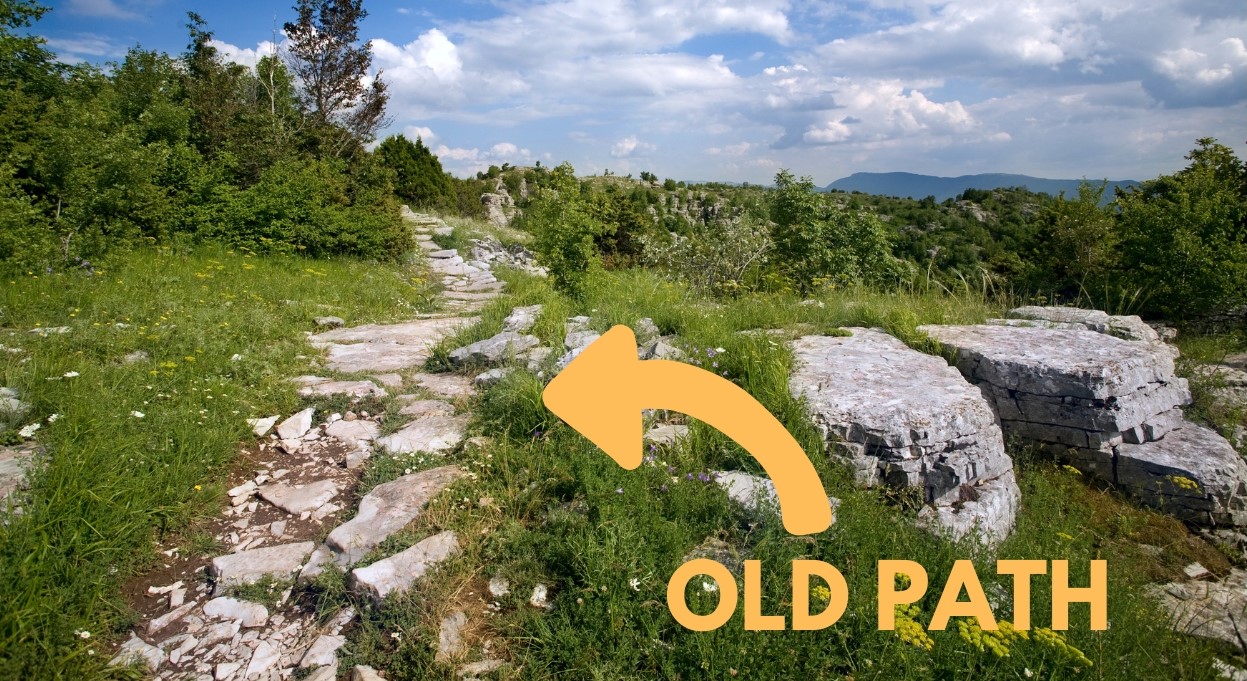
However, it’s important to note that, just like with metal detecting, you should have permission to search someone else’s property. Always seek permission from the landowner and familiarize yourself with the local rules before entering any property.
What are the rules when searching for treasure without a metal detector?
When searching for treasures without a metal detector, the same rules apply as when searching with a metal detector. The key rules are:
- Always ask for permission from the landowner before entering their property for treasure hunting.
- Fill any dug holes back in and leave the place as you found it.
- Avoid archaeological or historical sites, as you do not have permission to search there.
- Respect nature and the environment, preventing damage to plants and other properties.
- If you find an object with potential archaeological value, report it to the local authorities. It could be part of a larger archaeological discovery!
- Do not leave any waste at the search site.
- Always check the local rules applicable to your area! Each state, municipality, or district has its own regulations and laws that must be followed.
Some success stories of people finding treasures without using a metal detector
It is not a lie that you can be successful in finding treasure without a metal detector. In the past, many people have found treasures without using a metal detector. Therefore, I will provide you with a few examples of treasures that have been discovered without a detector.
1. A bronze urn
In 1854, a bronze urn from the Bronze Age was accidentally discovered in Denmark. This remarkable urn was adorned with intricate decorations and depictions of a sun, a chariot, and a moon. Its unearthing occurred while a farmer was excavating peat in a marshy region.
2. The Hoxne Treasure
In 1992, a man in England stumbled upon a treasure trove of various silver Roman coins in a field while searching for his hammer. This discovery was purely accidental.
Following this find, further archaeological investigations unveiled an astonishing 15,000 other Roman artifacts. This once again highlights the fact that there are still countless undiscovered treasures waiting to be found.
3. The Dead Sea Scrolls
In 1947, a man stumbled upon various sacred Jewish writings and documents dating from approximately the 3rd century BCE to the 1st century CE in the caves near the Dead Sea.
The discovery was purely accidental; the man was herding his goats when one of them went missing in the caves. While searching for his goat, he came across these sacred scrolls. It was an incredibly unique find!
Disclaimer
It is crucial to realize that there are also risks involved in searching for treasures without a metal detector. You can face legal consequences if you search on land without permission.
Additionally, you may encounter landmines or other explosives. Lastly, there is a risk of twisting an ankle or accidentally falling. Searching for treasures without a metal detector is therefore entirely your own responsibility!
Frequently Asked Questions
Yes, there are clues to pay attention to while searching for treasure. Look near old trees, ancient buildings, old trade routes, and riverbanks. Additionally, watch out for pottery shards, fragments of glass, disturbed soil, or fields with unusual shapes. These are often signs that many people have lived there, increasing your chances of finding a treasure.
When searching for a treasure, make sure to bring enough food and drink. Also, pay attention to uneven terrain to avoid spraining your ankle. Additionally, always ask for permission before entering a property. Lastly, dress according to the weather. If it’s raining, always bring an umbrella.
The most commonly found treasures are small ones, such as coins, old pottery shards, thimbles, or jewelry. Occasionally, larger treasures are discovered, like hundreds of Roman coins, an ancient spearhead, or weapons from a war.
